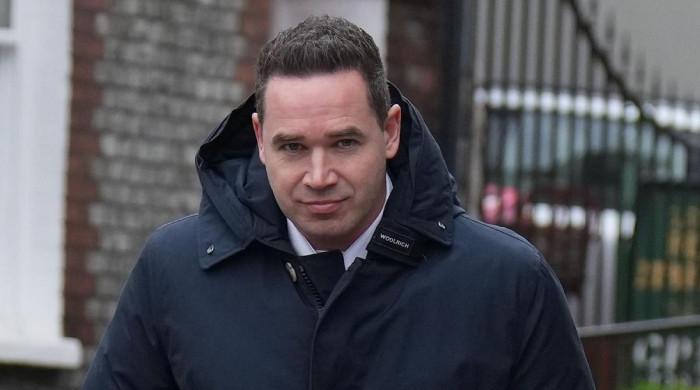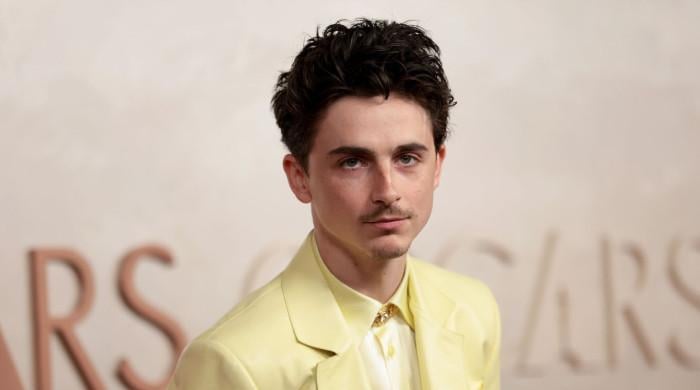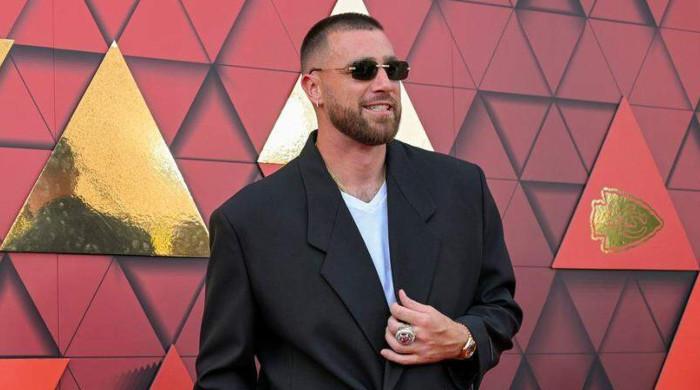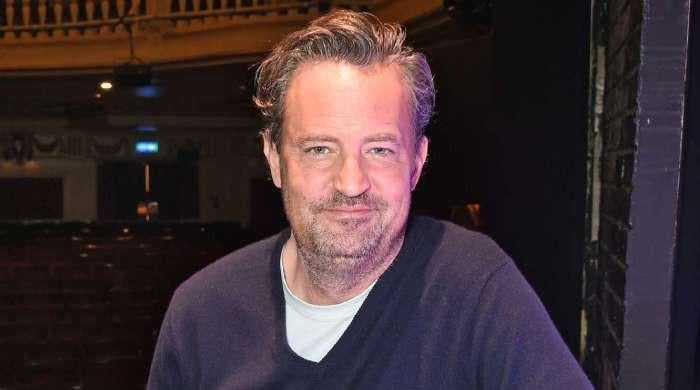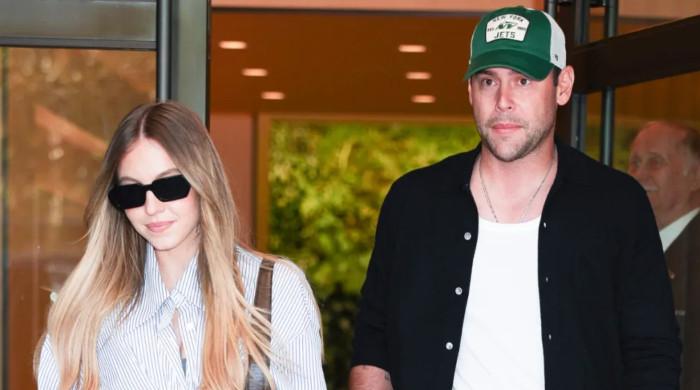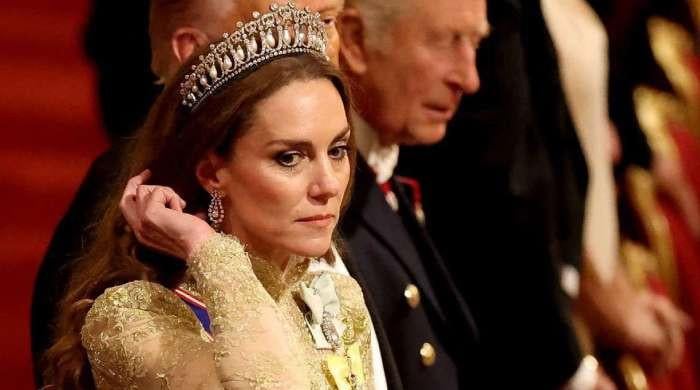French acting legend Michel Piccoli dead at 94
Michel Piccoli starred in a string of classics which redefined world cinema, from Luis Bunuel's "Belle de Jour" and "The Discreet Charm of the Bourgeoisie"
May 19, 2020
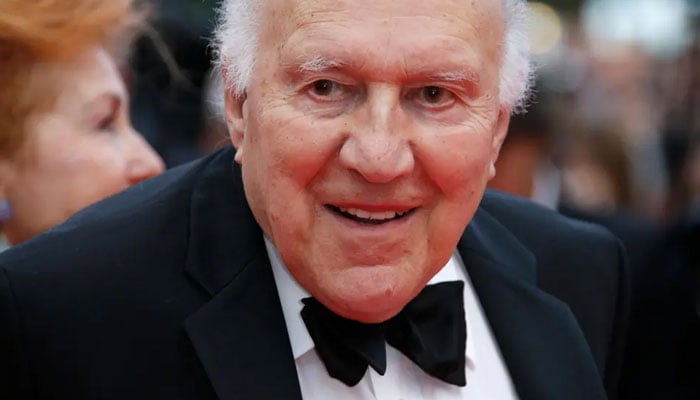
PARIS: Michel Piccoli, one of the most original and versatile French actors of the last half century, has died aged 94, his family said Monday.
He died "in the arms of his wife Ludivine and his children Inord and Missia after a stroke", the family told AFP.
Piccoli -- who passed on May 12 -- starred in a string of classics which redefined world cinema, from Luis Bunuel's "Belle de Jour" and "The Discreet Charm of the Bourgeoisie" to a typically memorable turn opposite Brigitte Bardot in Jean-Luc Godard's "Contempt" in 1963.
Bardot said that though she and the left-wing Piccoli were polar opposites politically, they shared great "mutual esteem".
"He had humour and talent," she told AFP. "And he liked my backside," she added cryptically.
A masterful performer with a wickedly malicious edge, Piccoli managed to carve out a hugely prolific career as both an arthouse icon and a kind of French Cary Grant.
Like Grant and other Hollywood all-rounders Jimmy Stewart and Gary Cooper, Piccoli was able to adapt himself to virtually any material without altering his essential everyman screen persona.
Emmanuel Macron called Piccoli a "giant" in the industry who, with "his immense power of metamorphosis," was "the most complete and most eclectic actors in French cinema," according to a statement from the French presidency.
"You did not direct Piccoli. You filmed him," said Gilles Jacob, the former head of the Cannes film festival, who led the tributes to a man who he said was "as indispensable to France as water, sun and wind".
- Actor and activist -
With his bald forehead, vast eyebrows and sly grin, he hopped easily from seducer to cop to gangster to pope, with a particular predilection for ambiguous and cynical roles.
Yet despite his omnipresence, with Bunuel alone casting him in six of his films, Piccoli never won a French Oscar -- the Cesar -- despite being nominated four times, including for Louis Malle's last film "Milou in May" and Jacques Rivette's "La Belle Noiseuse" in 1991.
He did, however, win best actor at Cannes in 1980 for playing a tortured Italian judge in Marco Bellocchio's "A Leap in the Dark" and the following year shared best actor at the Berlin festival for "Une etrange affaire".
Piccoli was a life-long activist and former communist who counted the philosophers Simone de Beauvoir and Jean-Paul Sartre among his friends, but that did not stop him raging against repression in the old Eastern Bloc and supporting the Polish trade union, Solidarity.
Its struggle was one of a long list of causes he supported. Having witnessed Jews being rounded up in occupied Paris as a teenager, he could not bear people to say that "they did not know" about the suffering of others.
One of his best known films outside France was Marco Ferreri's 1973 "La Grande Bouffe", in which a group of male friends shut themselves up in a house with prostitutes and try to eat themselves to death.
- 'I don't put on an act' -
"I do not put on an act... I slip away behind my characters. To be an actor you have to be flexible," Piccoli said.
In a career stretching over 150 films Piccoli worked with some of cinema's greatest directors including Jean Renoir, Alain Resnais, Alfred Hitchcock, Jean-Pierre Melville, Jacques Demy, Agnes Varda and Claude Sautet, as well as Bunuel, Godard and Malle.
Born into a family of musicians of Italian origin, his last major role was in Nanni Moretti's "We Have a Pope" in 2011, where he played a pontiff crippled by panic attacks.
He was married three times, first to actress Eleonore Hirt, with whom he had a daughter, then for 11 years to the singer Juliette Greco and finally to writer Ludivine Clerc.
Right up to his late 80s, he never stopped acting, writing and directing, both for stage and screen.
"Age is very important for normal people," he told the French daily Liberation in 2000. "Let's try to be immortal, it is so much more fun."




